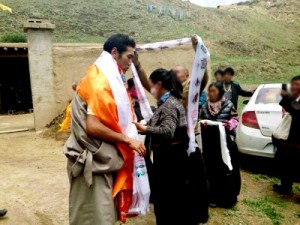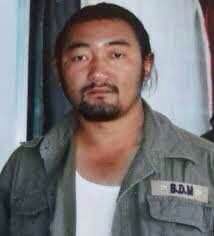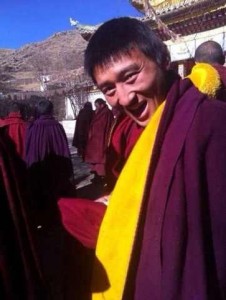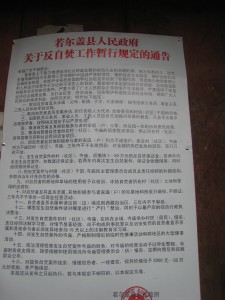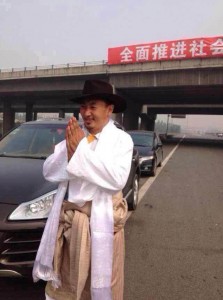
Two prominent members of the Tibetan folk music industry have been given harsh prison sentences and heavy fines for their involvement in the making of Tibetan folk music in Ngaba (Ch: Aba) County in Ngaba Tibetan and Qiang Autonomous Prefecture, Sichuan Province, according to sources in Tibet.
On 27 November, well-known folk singer and music producer Pema Rigzin and famed singer Kelsang Yarphel were sentenced together to lengthy prison sentences and given severe fines by the Intermediate People’s Court in Chengdu, Sichuan Province.
Pema Rigzin, 44, was sentenced to two and a half years in prison and a severe fine of 50,000 yuan for composing, releasing, and distributing music with alleged political overtones. Rigzin was detained on 7 May 2013 in Chengdu city, and held incommunicado until the 27 November trial. Though family members were allowed to attend the trial, they were barred by authorities from hiring Rigzin a lawyer.

